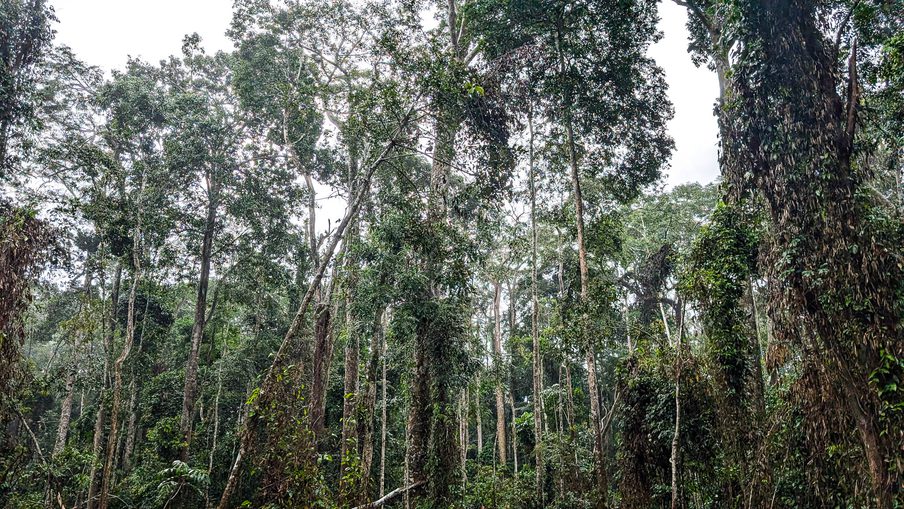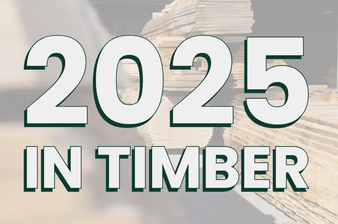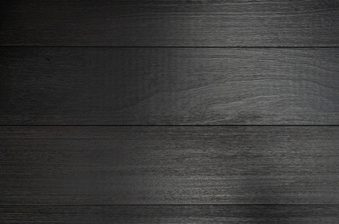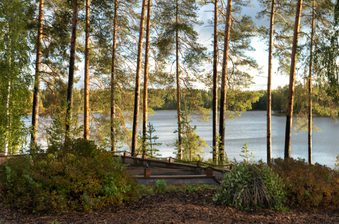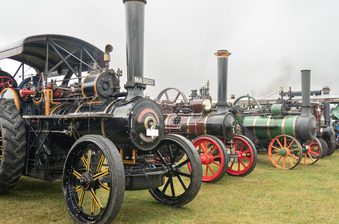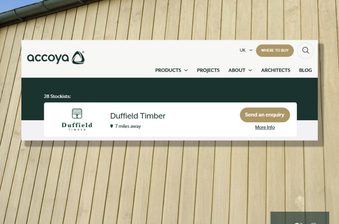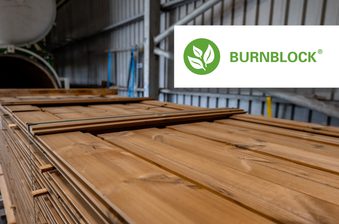We go to great lengths to ensure the quality and traceability of all our timber products – which recently involved travelling to Cameroon and the Republic of the Congo!
To connect with our suppliers, gain a deeper understanding of forest management and conduct our own environmental, quality and traceability due diligence, we paid a visit to the forests and mills of central Africa.
Many miles were covered (and many uncomfortable hours spent) travelling across Cameroon and the Republic of the Congo, through the jungles and along dirt tracks – but the insight into our industry was invaluable.


Each mill owns either one or more ‘concessions’ (an area of forest to harvest). A plan is put in place to manage the harvesting of the concession, resulting in it being split into smaller areas, each taking between 1-3 years to harvest.
The mills are required, by law, to only harvest a certain volume of logs within the time period, after which they will move on to the next area. Once all areas have been harvested, the cycle begins again using the same concession – the cycle of the concession we visited here was 30 years.
Natural regeneration within the concession occurs by leaving saplings, younger trees and seed trees; the saplings and smaller trees will eventually be harvested, but only when grown to a certain diameter.
From seeing how concessions are managed and harvested to learning about sawmill operations and logistics, we got to witness the entire cycle of responsible forestry management first hand.
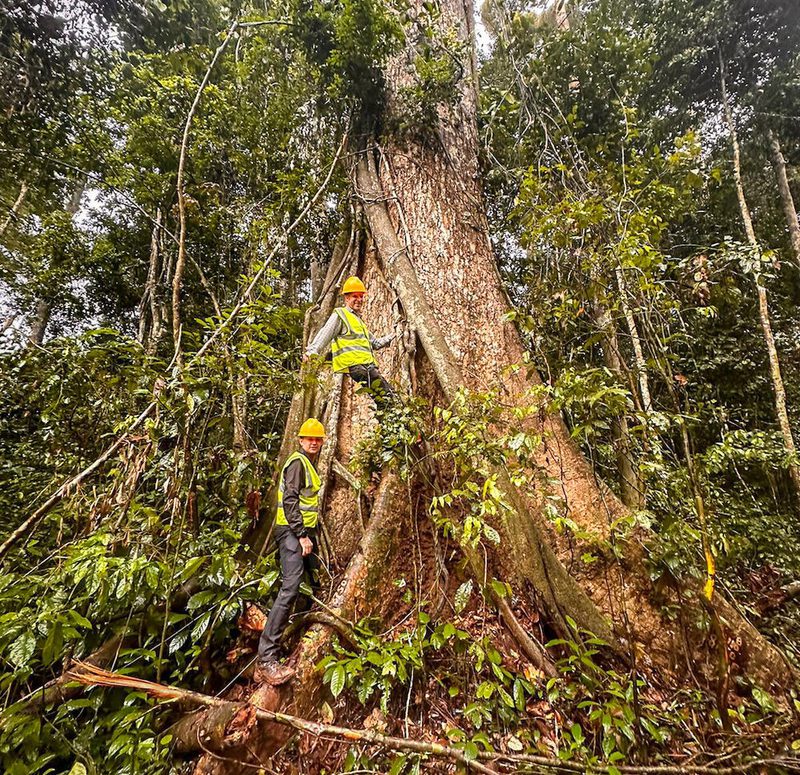
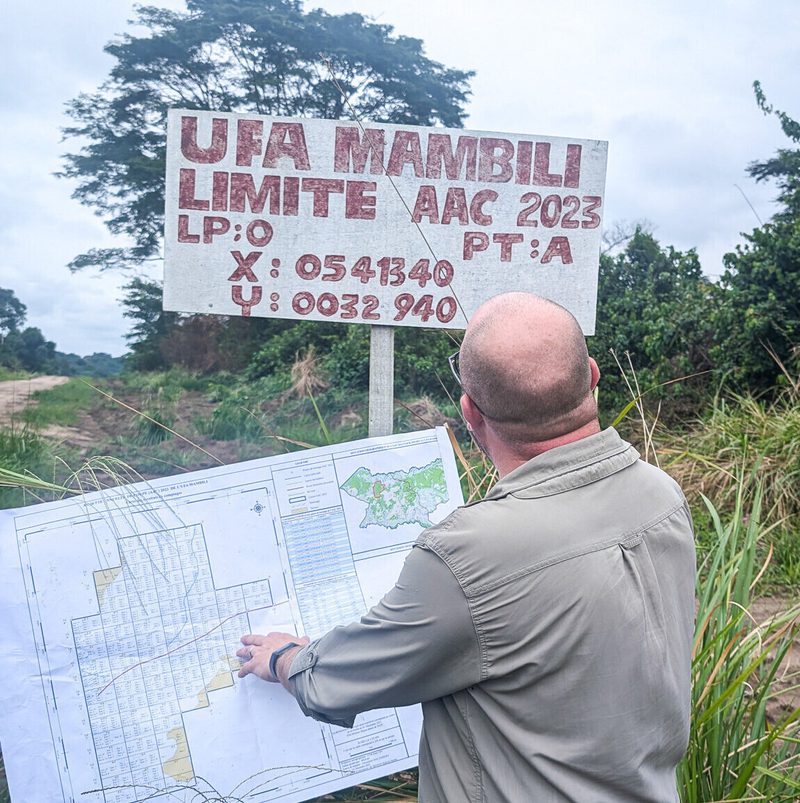
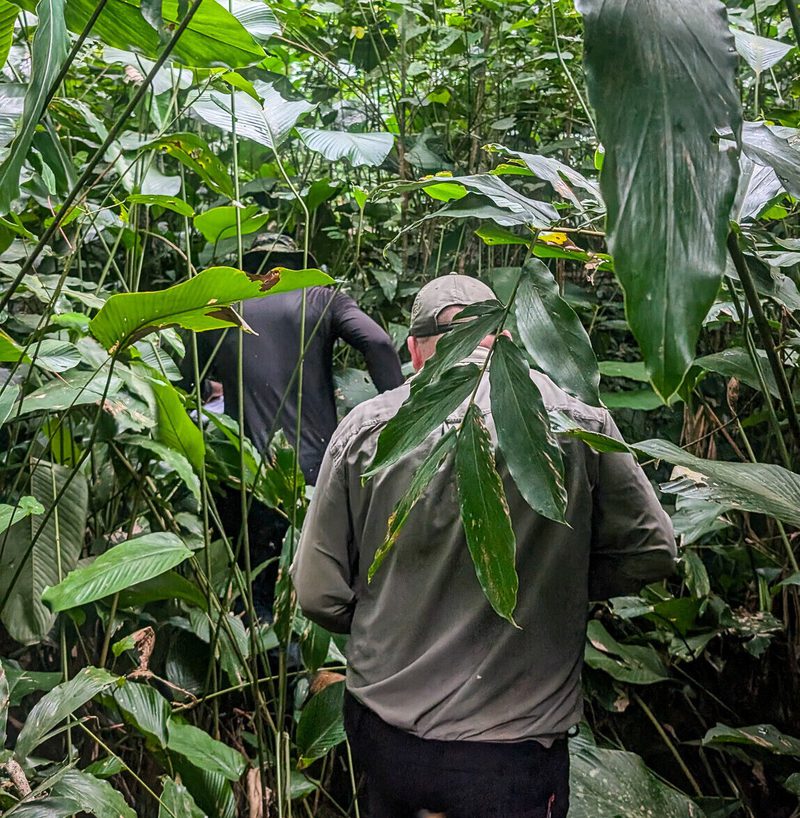
When importing wood, European Union Timber Regulation (EUTR, introduced in 2010) and United Kingdom Timber Regulation (UKTR, introduced in 2021 to replace the EU legislation) stipulate that all stumps and logs must be marked and recorded during harvest. The images here show us carrying out a traceability exercise.
During this exercise, we select logs at random from the log yard and trace them all the way back to the stumps in the forest. At each stump, we record the coordinates and cross reference it to the map.

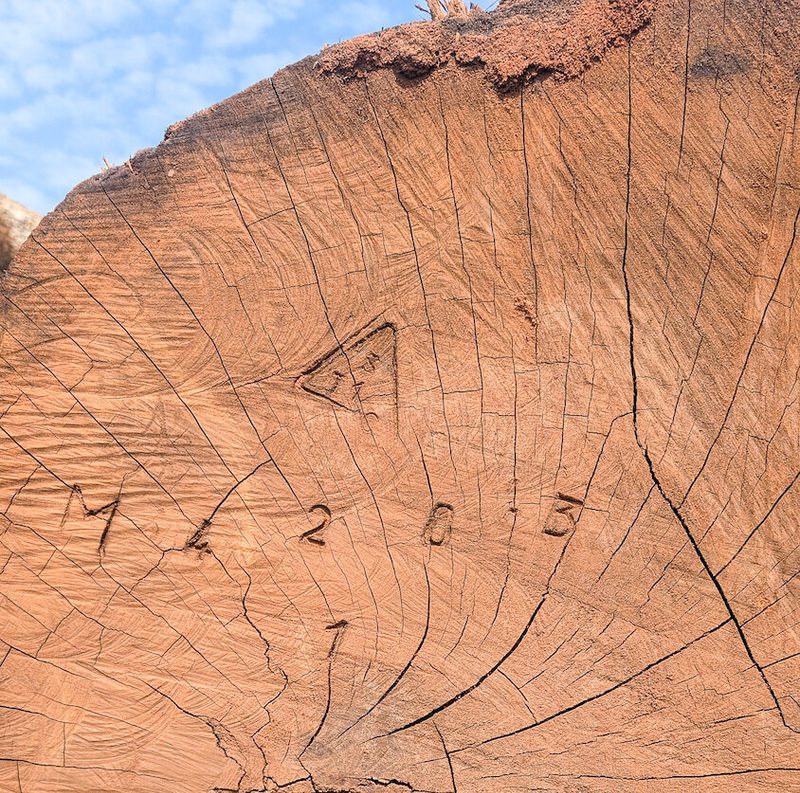
The exercise was a success, with stump numbers matching up with the logs we selected. Traceability means we can be sure we know where logs are coming from, and only material from the mill’s concession is being harvested.
As well as being great for the environment, responsible forest management like this helps to instil consumer confidence, benefitting the industry as a whole.
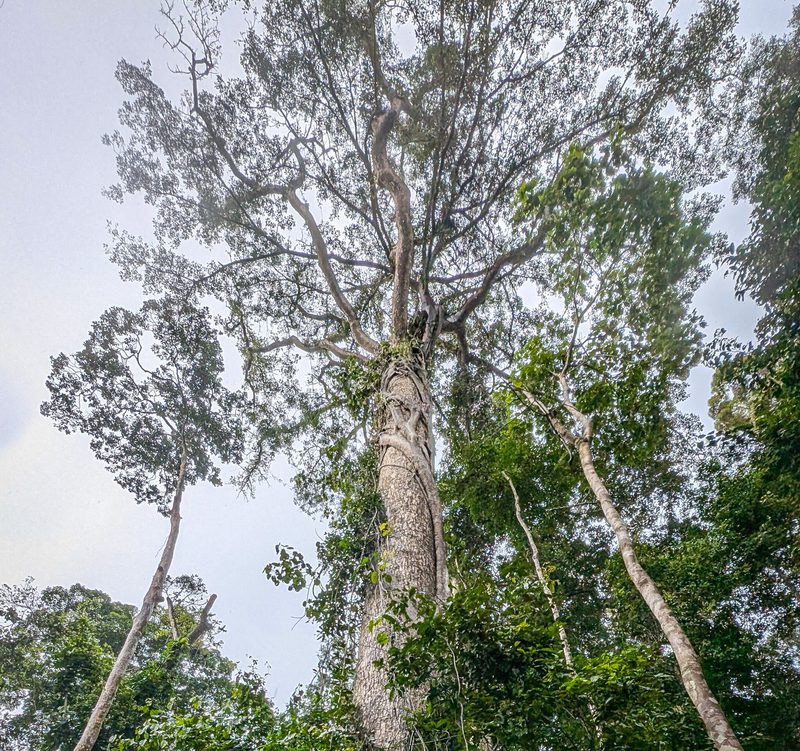
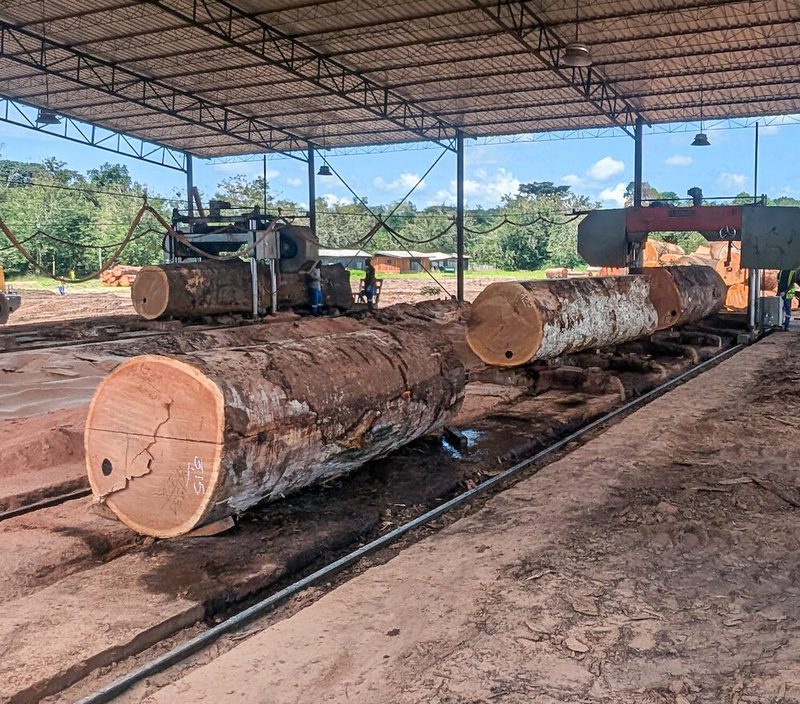
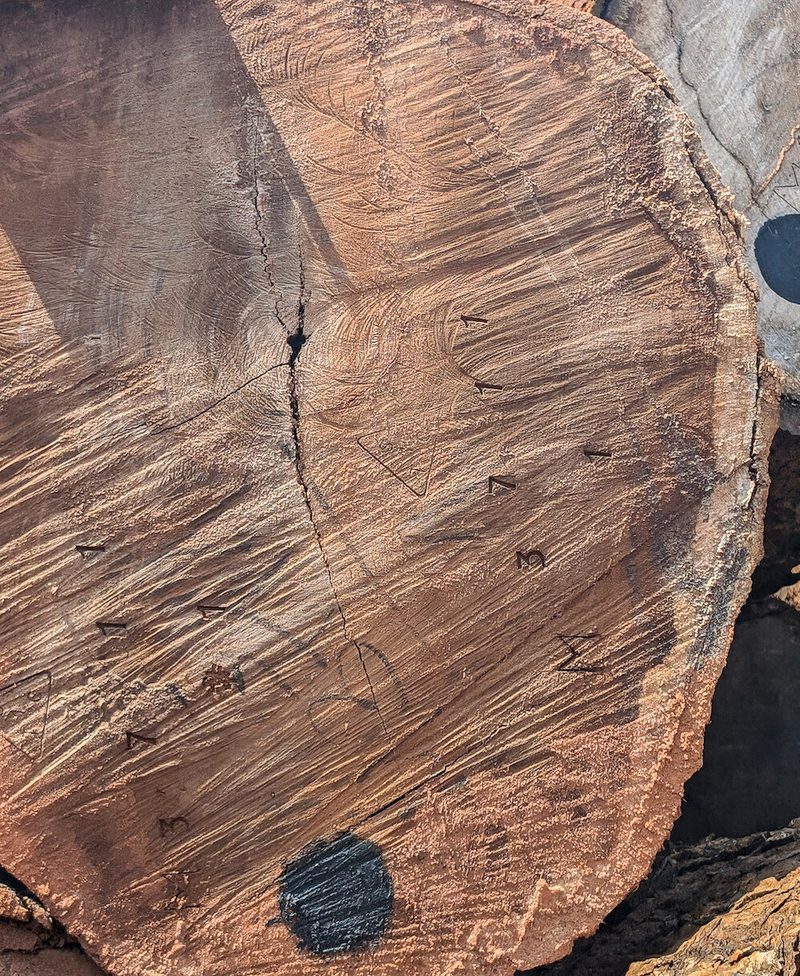
A highlight was inspecting our own contracted sapele logs, ensuring traceability from stump to shipment. 100m³ is expected to arrive in North Yorkshire from the forests of the Congo early next year!


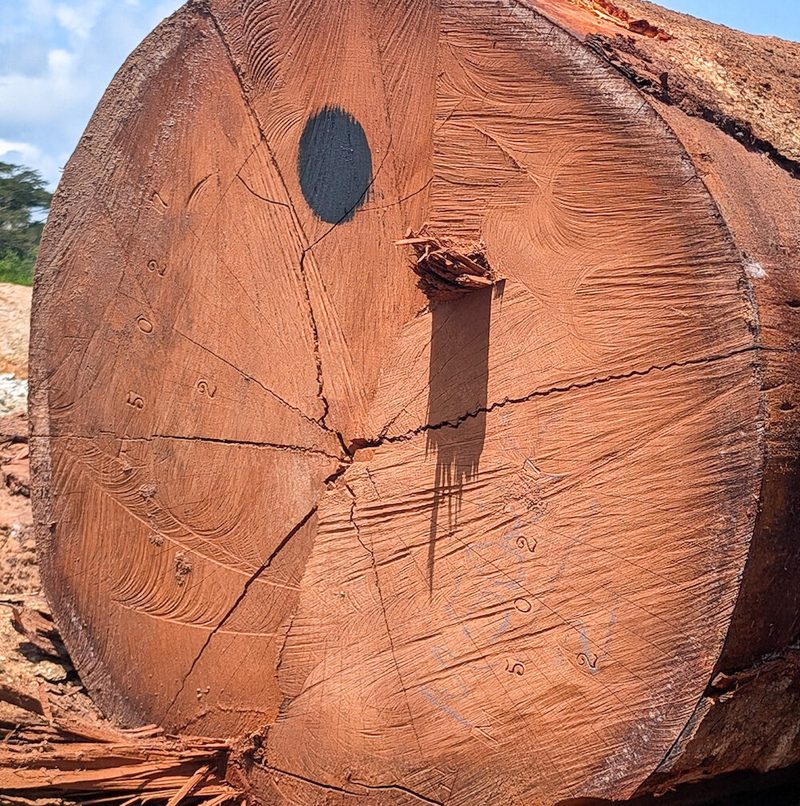

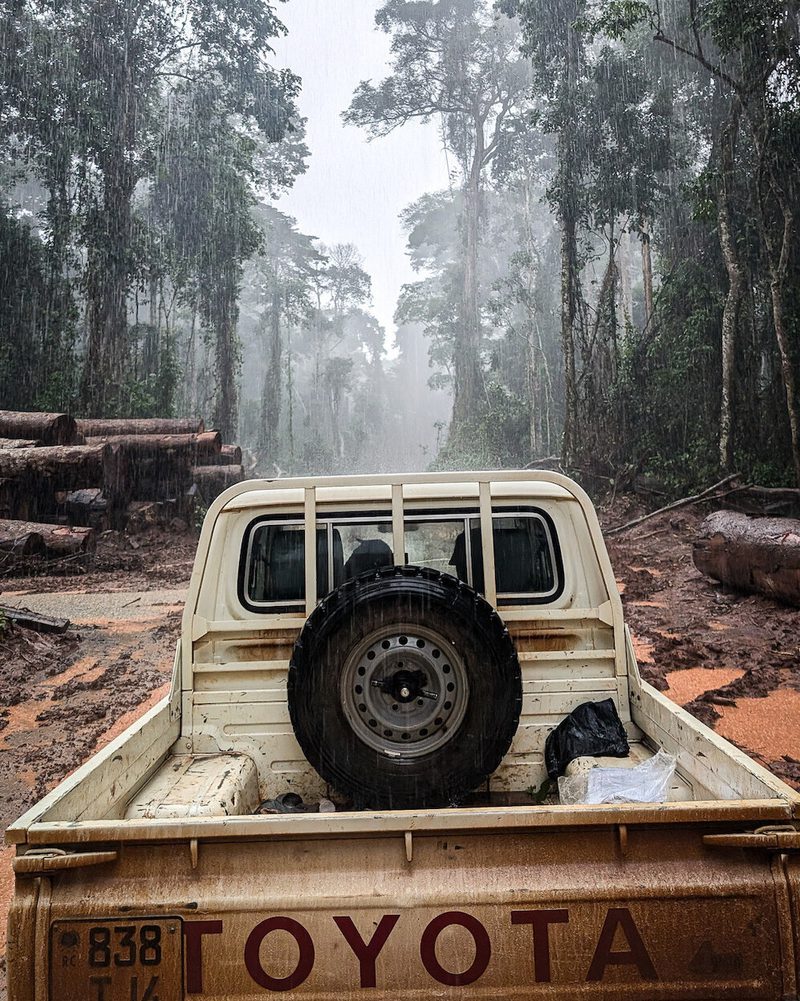
Our trip also took us through sawmills, paperwork checks, felling operations, and even tours of local villages, camps and hospitals – giving us a well-rounded view of the operations and impact on local communities.
From the busy Port of Douala – which supplies much of Europe’s African timber – to the heart of the forest north of Ouesso, we were thrilled to see high standards being upheld every step of the way.
We were especially pleased to meet our new supplier in northern Congo, where we completed our due diligence exercises and further strengthened our relationships to ensure ethical sourcing.

We saw a fantastic example of a new ‘European style’ sawmill – logs are loaded at the beginning of line and fed into the head rig saw. This saw is used to both break the logs down and cut to the contracted thickness.
The sawn boards then make their way down to either a multi rip saw or a straight line edger. Square edged boards are then stacked at the end of the line ready for kilning. At this mill, they had a kilning capacity of over 500m³.
The site was also powered using a hydroelectric turbine from the nearby river!
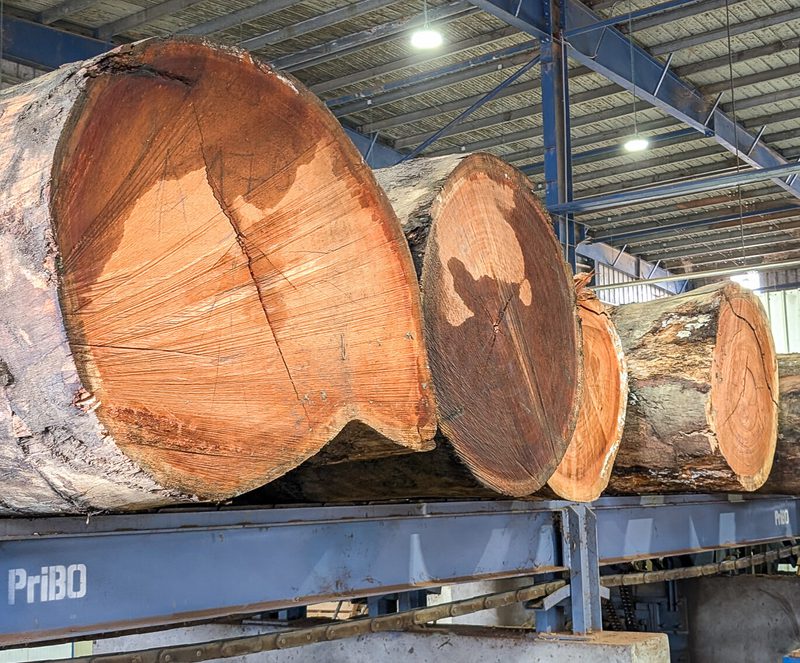
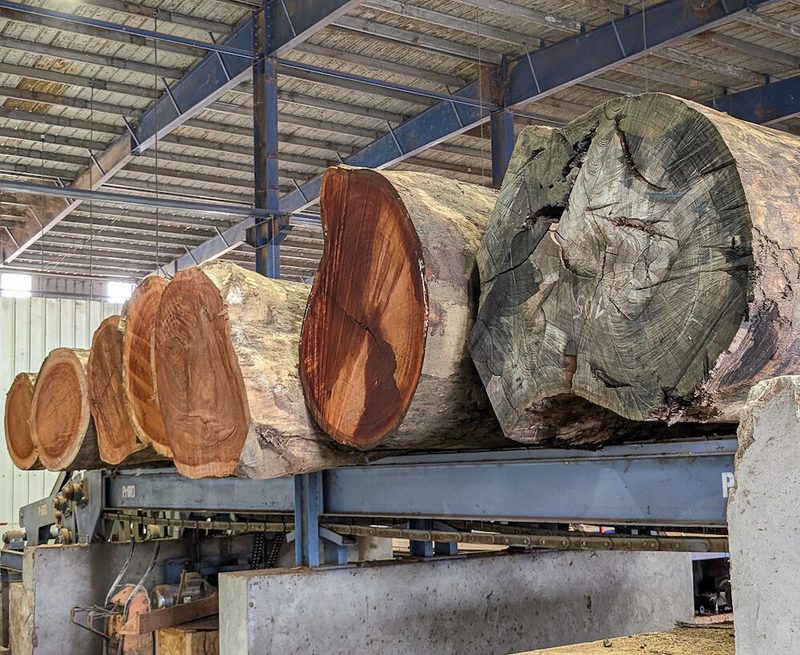
Wood is a 100% renewable resource, but that doesn’t mean it’s always 100% sustainable. Responsible forest management is crucial to avoid deforestation. African hardwoods, in particular, have been particularly overexploited in recent history.
We’re proud to be playing our part in ensuring the timber industry retains its reputation for high ethical standards. By promoting sustainable harvesting, we can all help to safeguard ecosystems and biodiversity, protecting forests for future generations. This total transparency allows customers to have the confidence of the traceability of every log, from forest to finish.
Duffield Timber: excellence from forest to finish
We offer a range of sustainably-sourced timber products – including sawn timber, cladding, fencing, decking, wood fuels and oak-framed buildings – in many species sustainably imported from Africa, America, Asia and Europe.
If you’re nearby, pop in and take a walk around our hobby hall – a timber lover’s paradise and treasure trove of intriguing exotic pieces. We’re based just off the A1 near Ripon, North Yorkshire.
